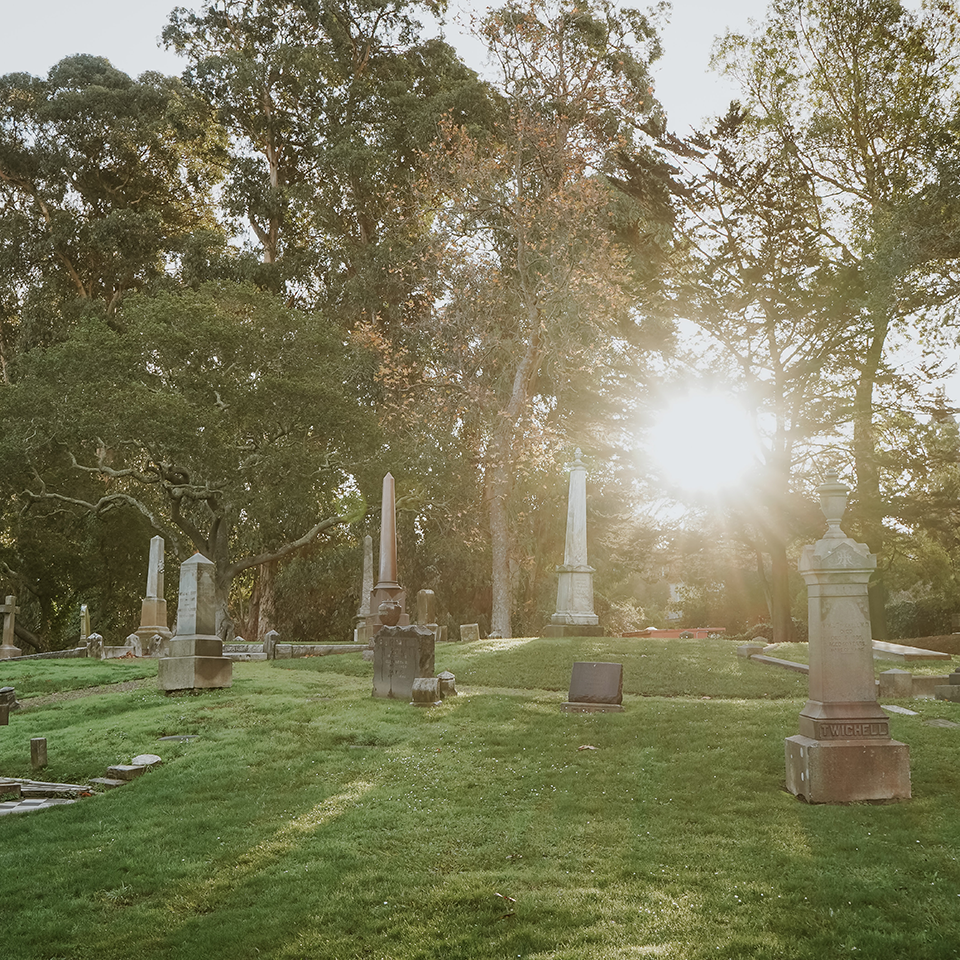Having grown up in a “mixed” family, if the St. Louis Cardinals and the Chicago Cubs are playing head-to-head, I will cheer for the Cardinals (my dad’s team), but other than that, it’s “Go Cubs Go,” thanks to my mother and my grandmother. I tried to hold it together when the Cubs won the World Series in 2016, but I admit, I started crying when I called my mom after the last out. There were just too many great memories that came flooding back. I became especially emotional thinking about my grandma, whose great loves in this life were the Catholic Church, her family, and the Chicago Cubs!
A couple of months later, I read a story that has stuck with me ever since. It was of a man who had lost his dad to cancer. Before his dad was sick, both being true Cubs fans, they made a pact that if the team ever went to the World Series, they would listen to the games together. The son kept his word. Even though he lived in North Carolina, he drove to Indiana for game 7. No big screen TV, no fancy party. He took a lawn chair and a radio to his dad’s grave so that they could listen together. They had the best seats in the house.
That story stirs something in me because it hits at the deepest of human longings. It doesn’t attempt to answer why we lose those we love; it simply recognizes how deeply we long to be together, even beyond this life.
G.K. Chesterton pointed out that a key has no logic without a lock. As Catholics, we know what—or rather who—the key is. Jesus is the answer to our deepest questions and longings. In the words of St. John Paul II, “It is Jesus that you seek when you dream of happiness; He is waiting for you when nothing else you find satisfies you.”
Jesus is the key. But if Jesus is the answer to our deepest questions and longings, how much does he matter if we cannot specify those questions and longings through prayers? It’s hard to appreciate an answer without knowing the questions. And it’s very hard to ponder and wrestle with the deepest questions of life when we have so many ways to constantly distract ourselves today.
But a graveyard can help us focus, and it enlarges our perspectives.
Take the opportunity to walk and offer prayers at a cemetery. No headphones, no distractions. This simple activity puts us in touch with some fundamental things and allows our questions to come to the surface: Is this life all there is? Is there a bigger plan? Am I living a holy life? Read a few names on headstones, and if you were familiar with any of the people, recall your relationship with them and how they impacted your life. If you don’t know anyone, imagine the chance to meet them in heaven. I like to pick a random tombstone, read the name and dates of birth and death, and say a Hail Mary for that person. One hundred years after I am buried, I hope someone comes along who has no idea who I am and prays for me!
In Catholicism, we engage abstract ideas and often relish that highly intellectual life. But we are also a concrete and earthy religion. I love that in his second missive in Letters to a Young Catholic, George Weigel emphasizes that Catholicism is “gritty.” People matter. Stuff matters. Places matter.
That guy who drove hundreds of miles to listen to the Cubs win the World Series with his dad had it right. He didn’t have to keep his pact; he could have watched it at home, and I’m sure he would have felt very close to his dad. But it’s not the same as being there with him at his grave. That somehow deepens the human connection. It’s the Catholic thing because it’s a human thing.
Every time you go to a cemetery, you are confronted by the finality of death. It doesn’t let you keep the mask on and bury the deep questions. No clichés or cheap answers will suffice. Is there really hope in this place? You truly realize that this life really is short. You read names and ponder what happened in their lives. What was this person like? Why did that person die young? Stories and memories come back about the people that you knew and loved.
If I could make a practical suggestion, I would say to pray a Rosary while you’re there. The rhythm of the prayers and the feel of the beads between your fingers have a way of quieting the soul in a particularly powerful way.
It is an important practice to pray for the dead. Our prayers matter and they help them, but such prayer also impacts us. While not promising any particular “result” from this exercise, you may still come away with a deep sense of peace; you may feel sad; you may have a lot of unfamiliar feelings. Feeling new feelings is good.
The graveyard and the prayers for strangers help us to engage with our deepest longings and questions of the human heart. They also help us learn to articulate them in a substantial and personal way, and in so doing, develop a greater capacity to know Jesus in a substantial and personal way. You’ll know what lock the key fits.
Before this summer comes to an end, be sure to take a walk and pray at a cemetery.
